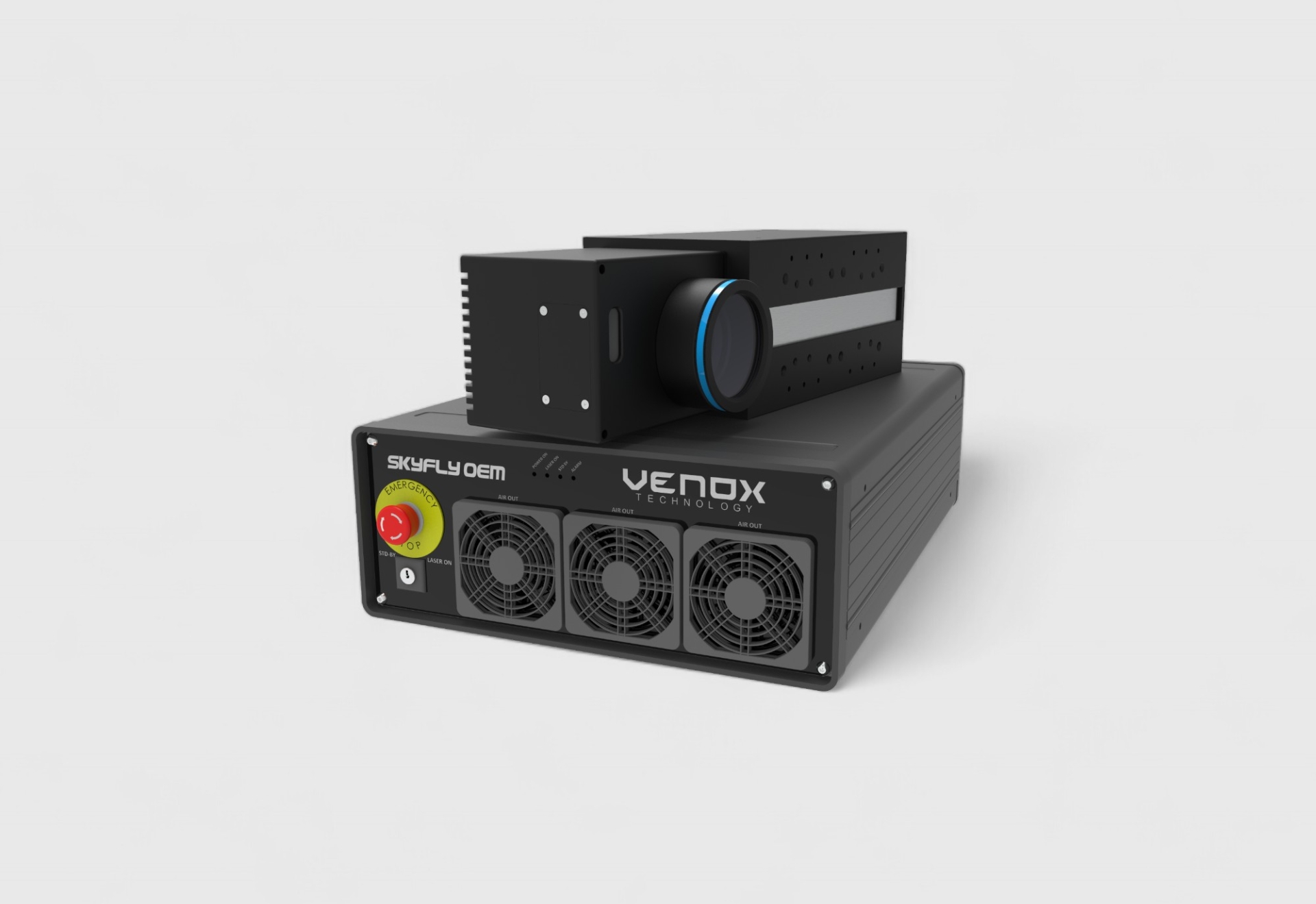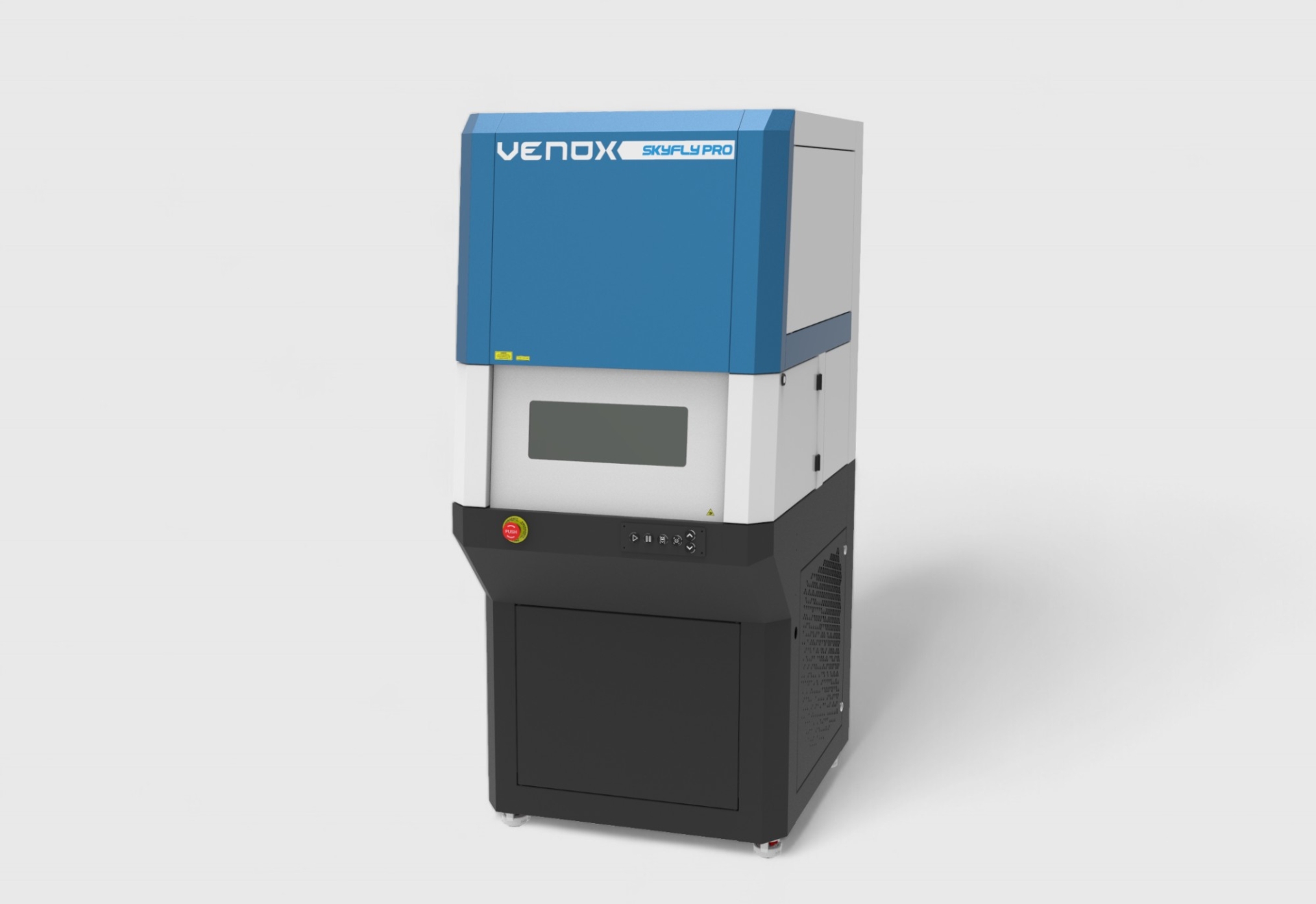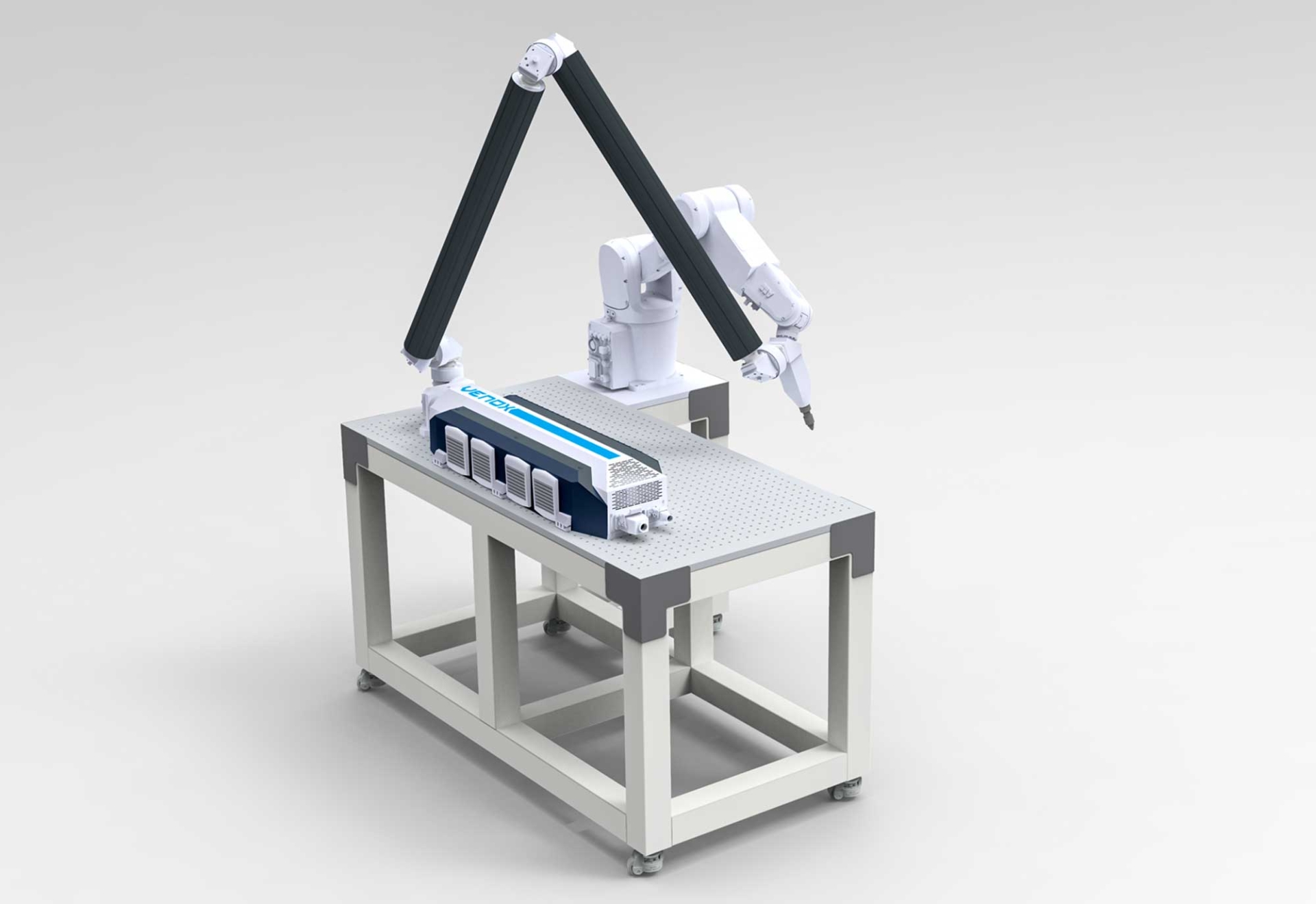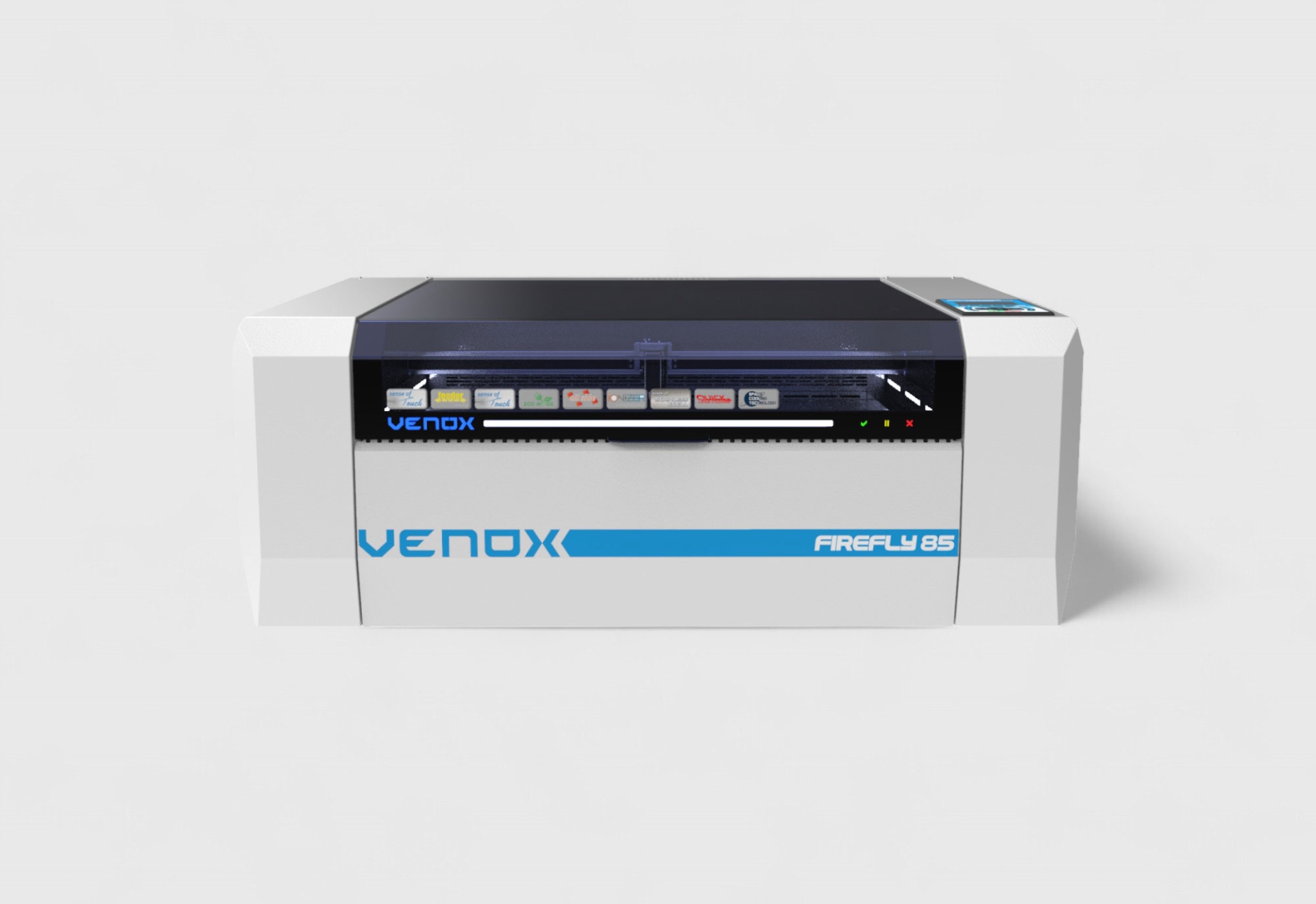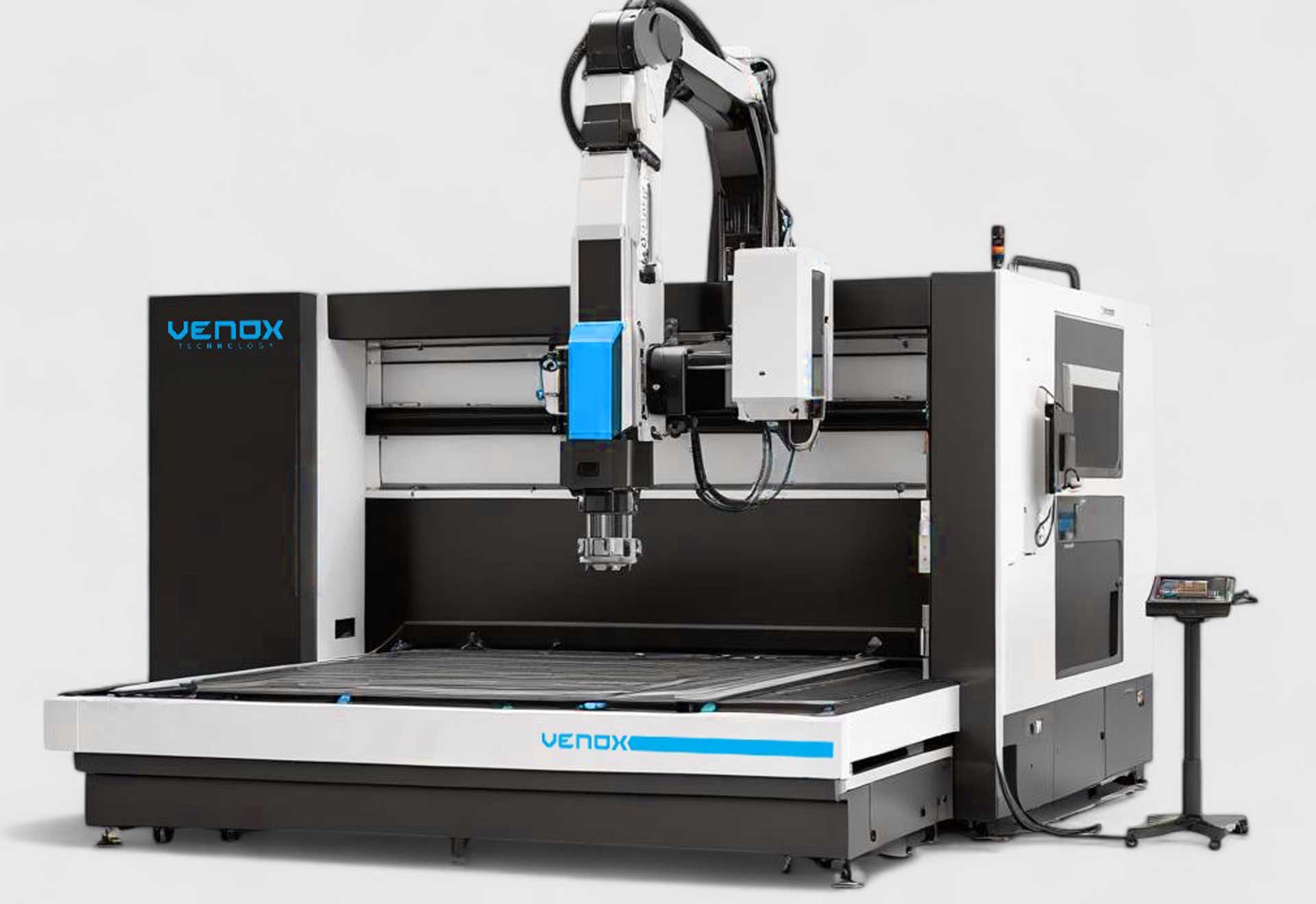What Is an Inline Laser Marking Machine?
Use on Production Lines
An inline laser marking machine is a system that enables the automatic marking of products while they move on a conveyor belt. Designed for businesses with high-volume production, it allows for the rapid processing of serial numbers, QR codes, barcodes, and logos.
Working Principle
The product is detected by sensors, after which the laser head operates in synchronization with the conveyor speed to perform the marking. This enables uninterrupted production without pauses and without the need for human intervention.
Advantages of Inline Laser Marking Machines
Uninterrupted Production
Marking is performed without stopping throughout the product flow. This provides time savings and increases production efficiency.
Fast Coding and Data Processing
With ERP/MES integration, different data can be processed automatically for each product. Barcodes, QR codes, and serial numbers are applied dynamically during production.
Low Operating Cost
Since no consumables are used, costs are reduced. It eliminates ink and label expenses and enables environmentally friendly production.
High Readability
Inline machines perform marking at high resolution, ensuring barcodes and QR codes are easily readable.
Applications
Automotive Industry
Chassis numbers, engine parts, and sensors are marked with inline laser marking machines, ensuring traceability and anti-counterfeiting.
Electronics Industry
Microscale precision marking can be performed on cables, circuit boards, and connectors.
Food and Beverage Packaging
Expiry date, production code, and lot number are written directly on the packaging. This method enables hygienic production without using ink.
Pharmaceuticals and Medical Devices
Permanent marking can be applied to medicine boxes, tubes, ampoules, and surgical instruments. The marks remain visible even after sterilization.
Technical Specifications
Laser Source Options
For metal marking, a fiber laser is preferred; for plastic and organic surfaces, a CO2 laser; and for glass and sensitive medical devices, UV laser machines are preferred.
Automation Integration
Inline laser marking machines operate in compatibility with conveyors, robot arms, and PLC systems, allowing integration into fully automated production processes.
Software and Data Management
By connecting to ERP/MES software, marking data is processed automatically, ensuring traceability for each product.
Quality Control
With integrated camera systems, quality control is performed after marking. Code readability is tested instantly to prevent defective production.
Machine Selection Criteria
Production Speed
If tens of thousands of products are to be marked per day, machines with high power and a large marking area should be selected.
Material Diversity
The appropriate laser source should be chosen for metal, plastic, glass, or composite materials. Laser marking systems support this diversity.
Automation Compatibility
Choosing devices compatible with the existing production line infrastructure reduces integration costs.
Service and Maintenance
Machines that require low maintenance and offer fast technical support ensure uninterrupted operation in production.
